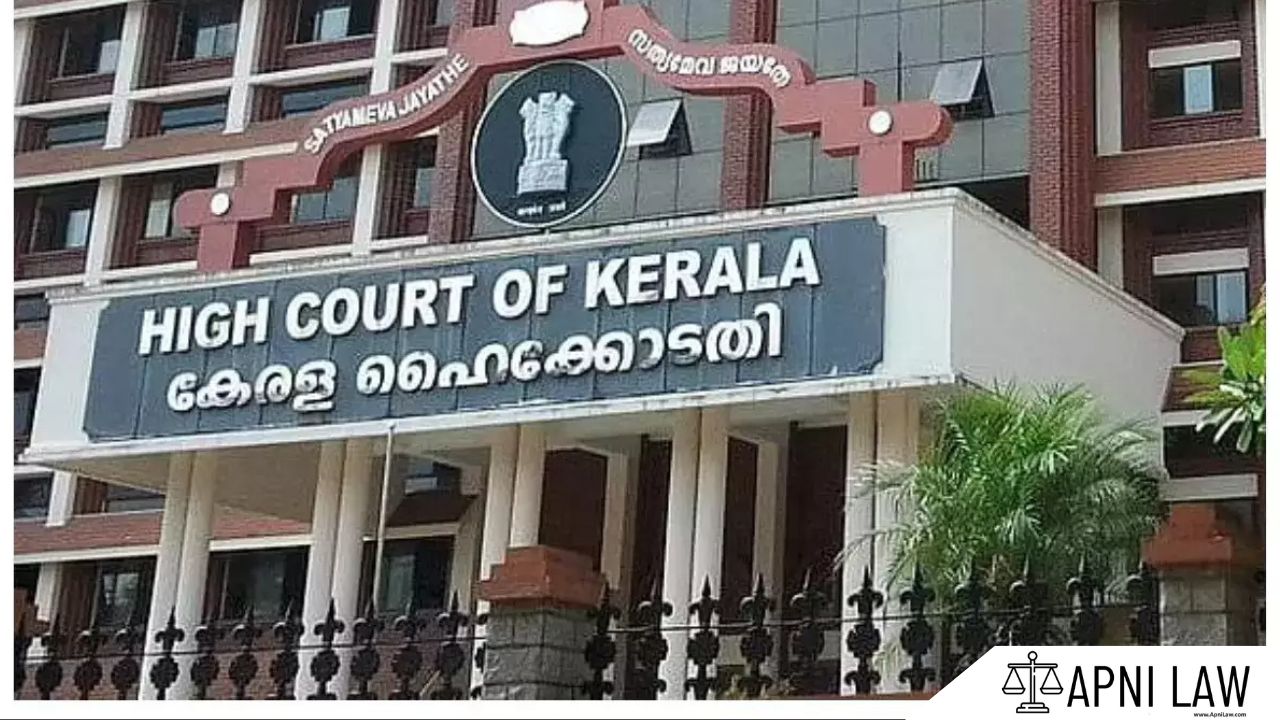Introduction
Property transfer in India is regulated by multiple laws that govern the sale, gift, lease, inheritance, and mortgage of property. Understanding these laws ensures legal compliance, prevents disputes, and safeguards ownership rights. Whether you are buying, selling, or inheriting property, being well-informed about legal procedures is crucial.
What Are The Key Laws Governing Property Transfers In India?
The Transfer of Property Act, 1882
Defines the legal framework for transferring property.
Covers sale, mortgage, lease, gift, and exchange of property.
The Registration Act, 1908
Mandates the registration of property transactions to ensure legal validity.
Protects against fraudulent claims and unauthorized transfers.
The Indian Succession Act, 1925.
Governs inheritance and succession when a person dies intestate (without a will).
Applies to Hindus, Muslims, Christians, and other religious communities with specific inheritance laws.
The Hindu Succession Act, 1956.
Regulates inheritance rights among Hindus, Jains, Sikhs, and Buddhists.
Grants equal property rights to male and female heirs.
The Muslim Personal Law (Shariat) Application Act, 1937
Governs inheritance and succession among Muslims in India.
Follows Islamic principles for property distribution.
What Are The Common Methods Of Property Transfer?
Sale deed
The most common method for transferring ownership through a legal sale.
Requires proper documentation and registration with the local sub-registrar.
Gift deed
Enables voluntary transfer of property without monetary exchange.
Must be signed, attested by witnesses, and legally registered for validity.
Will (Inheritance)
A legal document specifying the distribution of a person’s property after death.
Helps prevent disputes among legal heirs.
Relinquishment deed
Used when a co-owner of a jointly owned property voluntarily gives up their share.
Common in family property settlements.
Lease agreement
Grants the right to use a property for a specific period in exchange for rent.
Must be legally registered if the lease duration exceeds 12 months.
Partition deed
Used to divide jointly owned family property among co-owners or legal heirs.
Clearly defines each individual’s share in the property.
What Are The Key Steps For Property Transfer?
Verification of ownership
Confirm that the seller or transferor has a clear legal title to the property.
Review title deeds, property tax receipts, and encumbrance certificates.
Drafting a legal document
Prepare a sale deed, gift deed, will, or any required legal document.
Ensure the document is legally sound and reviewed by a legal expert.
Payment of stamp duty and registration
Pay the applicable stamp duty as per state laws.
Register the document with the local sub-registrar’s office for legal recognition.
Mutation of property records
Update ownership details in municipal and revenue records.
Necessary for property tax payments and future transactions.
What Are The Legal Challenges In Property Transfer
Disputed ownership
Multiple parties may claim ownership due to fraudulent transactions or unclear documentation.
Conduct thorough due diligence before proceeding with any transaction.
Lack of registration
An unregistered property transfer is not legally valid.
Can lead to disputes and financial losses.
Heirship conflicts
Property disputes may arise due to unclear wills or intestate succession.
Drafting a legally valid will can help avoid such conflicts.
Fraudulent transactions
Fake documents, impersonation, or forged signatures can be used for illegal transfers.
Always verify records and seek legal assistance when necessary.
Conclusion
Understanding property transfer laws in India is essential for ensuring smooth transactions and avoiding legal disputes. Whether buying, selling, or inheriting property, following proper legal procedures safeguards ownership rights. Consulting a legal professional and ensuring timely registration of transactions can help avoid complications and secure rightful ownership.








